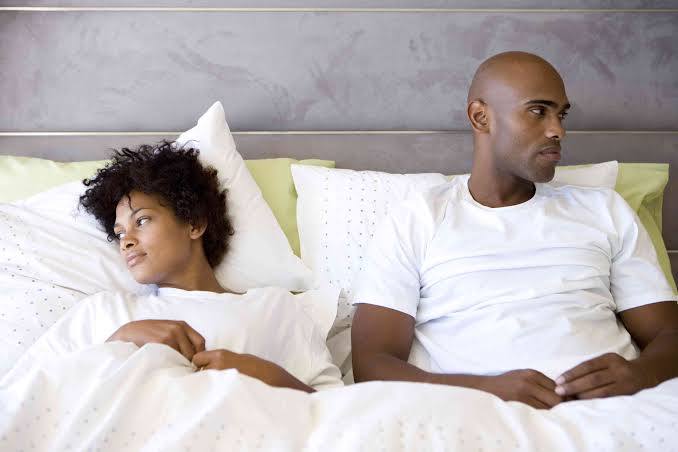
Low libido, or a diminished desire for sexual activity, is a condition that affects both men and women. While it’s natural for libido to fluctuate throughout life, persistent low sexual desire can strain relationships and impact self-esteem. Fortunately, this condition is treatable, and understanding its causes is the first step toward restoring intimacy and confidence.
What Causes Low Libido?
Low libido is a multifactorial condition influenced by a combination of physical, psychological, and social factors:
- Hormonal Imbalances: Decreased levels of testosterone in men or estrogen in women can reduce sexual desire. These changes often occur with age or due to medical conditions like hypothyroidism or menopause.
- Chronic Illness: Diseases such as diabetes, heart disease, or chronic pain can disrupt physical and emotional well-being, leading to a drop in libido.
- Mental Health: Anxiety, depression, and stress are major contributors. Medications like antidepressants may also play a role in lowering sexual desire.
- Relationship Issues: Unresolved conflicts, poor communication, or lack of emotional intimacy with a partner can suppress desire.
- Lifestyle Factors: Excessive alcohol consumption, smoking, lack of exercise, and poor sleep are known libido killers.
The Psychological Aspect
The mind plays a critical role in sexual desire. For example, research published by the International Society for Sexual Medicine (ISSM) highlights the connection between stress, low self-esteem, and reduced libido. Addressing these psychological factors through counseling or therapy often yields significant improvements in sexual desire.
Treatment Options for Low Libido
Treating low libido involves identifying and addressing its root causes. Here are some common approaches:
- Hormone Therapy: Testosterone replacement or hormone therapy for women can be effective in cases caused by hormonal deficiencies.
- Lifestyle Modifications: A balanced diet, regular exercise, adequate sleep, and stress management can naturally boost libido.
- Psychological Support: Therapy, including cognitive-behavioral therapy (CBT) or couples counseling, can help address emotional and relational barriers.
- Medications: Depending on the cause, medications like flibanserin (for women) or erectile dysfunction treatments (for men) may be prescribed.
- Holistic Treatments: Techniques like mindfulness, yoga, and acupuncture can enhance overall well-being and improve sexual desire.
Breaking the Taboo
Low libido is often shrouded in stigma, making individuals reluctant to seek help. Open communication with a healthcare provider or partner is essential for addressing the condition effectively. Organizations like the ISSM advocate for normalizing discussions about sexual health, empowering individuals to access the care they need.
Holistic Care with Apex Sexual Health Care
Beyond medical treatments, comprehensive and holistic care is crucial for tackling low libido. Apex Sexual Health Care specializes in personalized solutions that combine medical expertise, psychological support, and lifestyle guidance. By addressing the condition from all angles, they help individuals and couples rediscover their passion and intimacy.
Low libido doesn’t have to be a barrier to a fulfilling sex life. With the right approach, it’s possible to reignite desire, strengthen relationships, and enhance overall quality of life.


